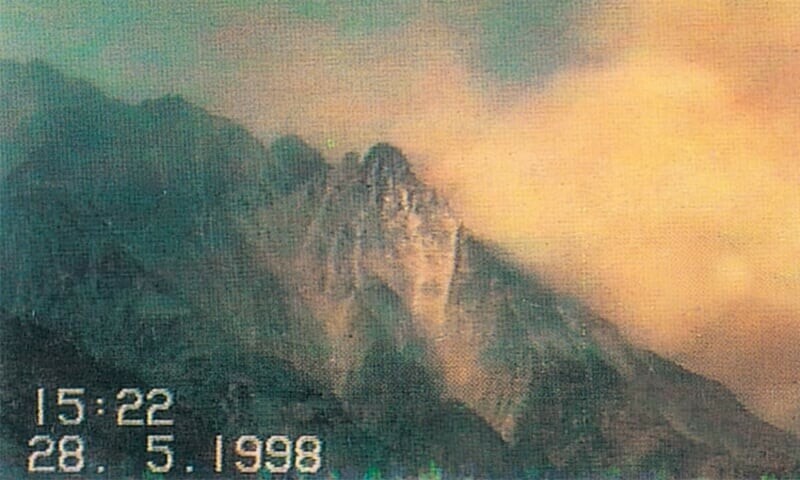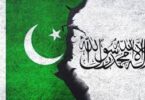Prime Minister Muhammad Shehbaz Sharif felicitated the nation on the silver jubilee of Pakistan’s Nuclear Tests on Sunday and declared that the country’s defense, sovereignty, national dignity, and freedom were above everything to the nation and no one would be allowed to take away this divine blessing. During his message on the occasion of Youm-Takbir, the Prime Minister noted that the historic day reminds us of the same spirit to attain economic sovereignty and self-dependence in all fields of our national life.
On 28 May 1998, Pakistan successfully tested five nuclear weapons at the Chaghai Nuclear Testing Site in direct response to India’s nuclear explosions and Hindutva’s van-gloriousness and warmongering. In the aftermath of India’s unprovoked nuclear testing in Pokhran, Indian leaders came up with serious nuclear intimidation and war hysteria that compelled Pakistani leadership to preserve strategic balance in South Asia and demonstrate the resolve of the Pakistani nation to safeguard Pakistan’s territorial integrity, independence, and sovereignty through the practical display of its nuclear capability at that highly crucial time of the country’s history.
After the independence from British rule, the Pakistani nation started its journey from scratch with scanty fiscal and material resources, ill-resourced and poorly organized institutions, and without essential government infrastructure. The newly formed state of Pakistan had an inborn staunch enemy at its Eastern front that was wary of Pakistan’s existence from day one and had waged four full-fledged wars against its weak neighbor, together with water aggression, multiple territorial disputes, endless conspiracies, and propaganda. Ironically, India sparked the nuclear smoke in South Asia during the early years of its independence by laying the foundation of the Bhabha Atomic Nuclear Reactor in 1956. The followers of Gandhi’s philosophy of nonviolence successfully tested their first nuclear weapon at Pokhan in 1974, shattering the regional peace and trashing the strategic balance in the South Asian region. Pakistan, who already lost half of its part during the 1971 war with India, was compelled to expedite its nuclear program with a renewed commitment and national resolve. Pakistan’s history of acquiring modern nuclear technology for purely peaceful purposes, entails commitment, patriotism, and strong obligation on the part of Pakistani leadership, armed forces as well as common Pakistanis, who worked unbelievably out of patriotism for the territorial integrity of the country. Those heroic efforts harvested fruit with the successful testing of Pakistan’s nuclear arsenal on May 28, 1998, and are now a golden topic of our national history.
Today, Pakistan is the seventh nuclear power in the world, and no enemy can dare invade Pakistan or glance at it with bad intentions because of our powerful military along with nuclear and missile deterrence. The nation is celebrating the 25th anniversary of Pakistan’s nuclear testing, which was a historic action that led to the achievement of invincible defense capabilities and maintained power equilibrium in South Asia. Having said that Pakistan still lacks the true spirit of independence and sovereignty because of its economic meltdown, and persistent economic and political instability.
Youm-e-Takbir reminds us about the commitment and resolve of our elders who made history by achieving the most difficult status that was otherwise not possible for a third-world and poor nation like Pakistan. There is a dire need for a national approach by all stakeholders including the incumbent rulers, opposition, and national institutions such as the judiciary and military to shed off their party and institutional interests and work for the greater benefit of the country. This day underlined the need for national solidarity and unified efforts that could turn Pakistan into a major economic power. It is not only a call of the day but a compulsion of the entire Pakistani nation if it desires to live a prestigious life in the world.







